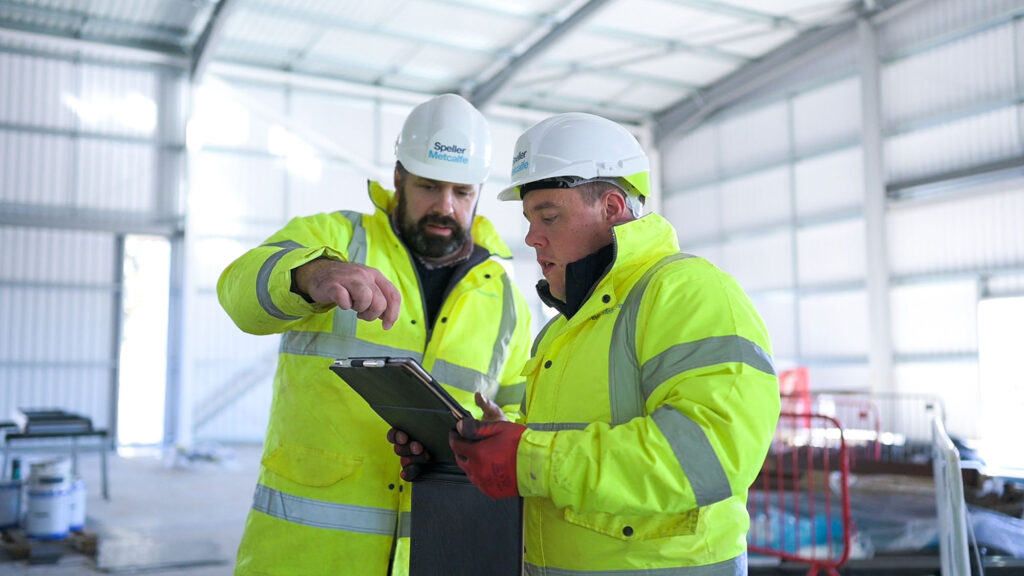The responsibility is all of ours
The Construction industry is a major contributor to global carbon emissions, and this is the same at a local level within Gloucestershire, with estimates suggesting construction accounts for a significant 20 – 25% of global greenhouses gas emissions.
The UK has mandated that companies of a certain scale must provide Streamline Energy and Carbon Reporting (SECR) with their company accounts, and Carbon Reduction Plans are often required depending upon work sector. There is also evidence that reporting on carbon footprint data provides a provide outlook for a company’s reputation.
These are positive steps, but for those charged with collecting and analysing carbon footprint data within construction, it proves a difficult task.
Our Carbon footprint comes in several forms, and the reporting is fragmented across stakeholders; be it site-based utility usage, office utility usage, transport for staff to construction sites in privately owned or company vehicles and plant operations. These are relatively well known, but in order to ascertain a more detailed view of a business’ operations it’s important to consider the supply chain, for example material production and transport – which is far harder to ascertain.
Investment is required to improve accuracy – whether investing in central energy management systems to enable accurate and precise reporting, or collecting data from an array of companies, individuals, and organisations, which is labour intensive and costly. Further to this, a company’s management systems must be correct, including reporting systems and policies.
Interest and knowledge in both carbon reporting and reductions varies; some stakeholders care deeply and support data gathering and improvement measures, some see it as an unnecessary distraction from their core role of construction delivery. Therefore, influencing behaviour becomes a challenge.
But we must address these challenges to increase accuracy and achieve an end goal of industry carbon reduction, following accurate benchmarking.
As a main contractor, Speller Metcalfe has found the following to be helpful:
- Collaboration among stakeholders is key, this builds a behaviour and expectation of accurate reporting; Developing a simple reporting and management system to collate carbon data reduces the likelihood of people forgetting or ignoring reporting needs;
- Guidance and education to help an organisation understand mandatory requirements but also the moral obligations – buy in is key;
- The correct resources – no different to any other requirement in construction – are needed, including human capital and technical support.
While carbon footprint assessment has improved significantly, there are still challenges faced by industry, however through collective trial and error I hope the task becomes easier, governed, and useful in the pursuit of decarbonisation.



